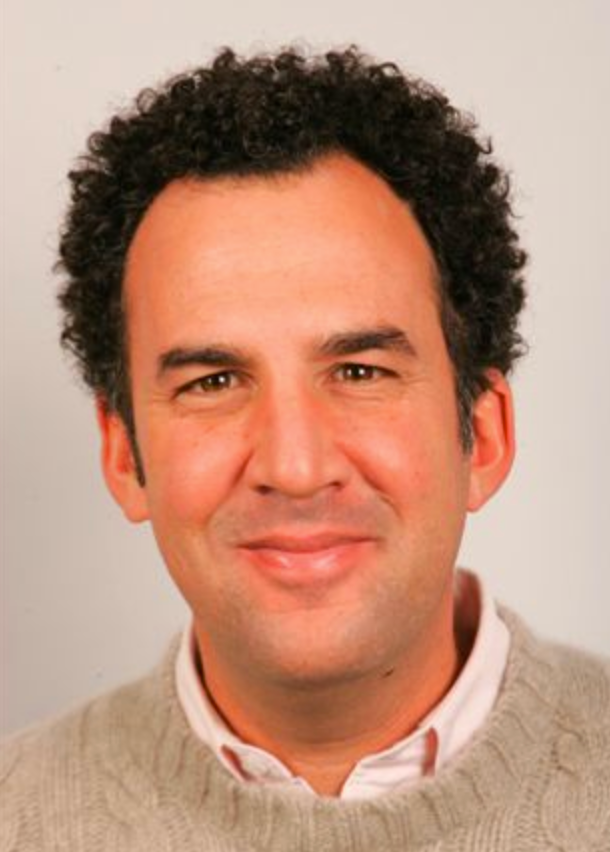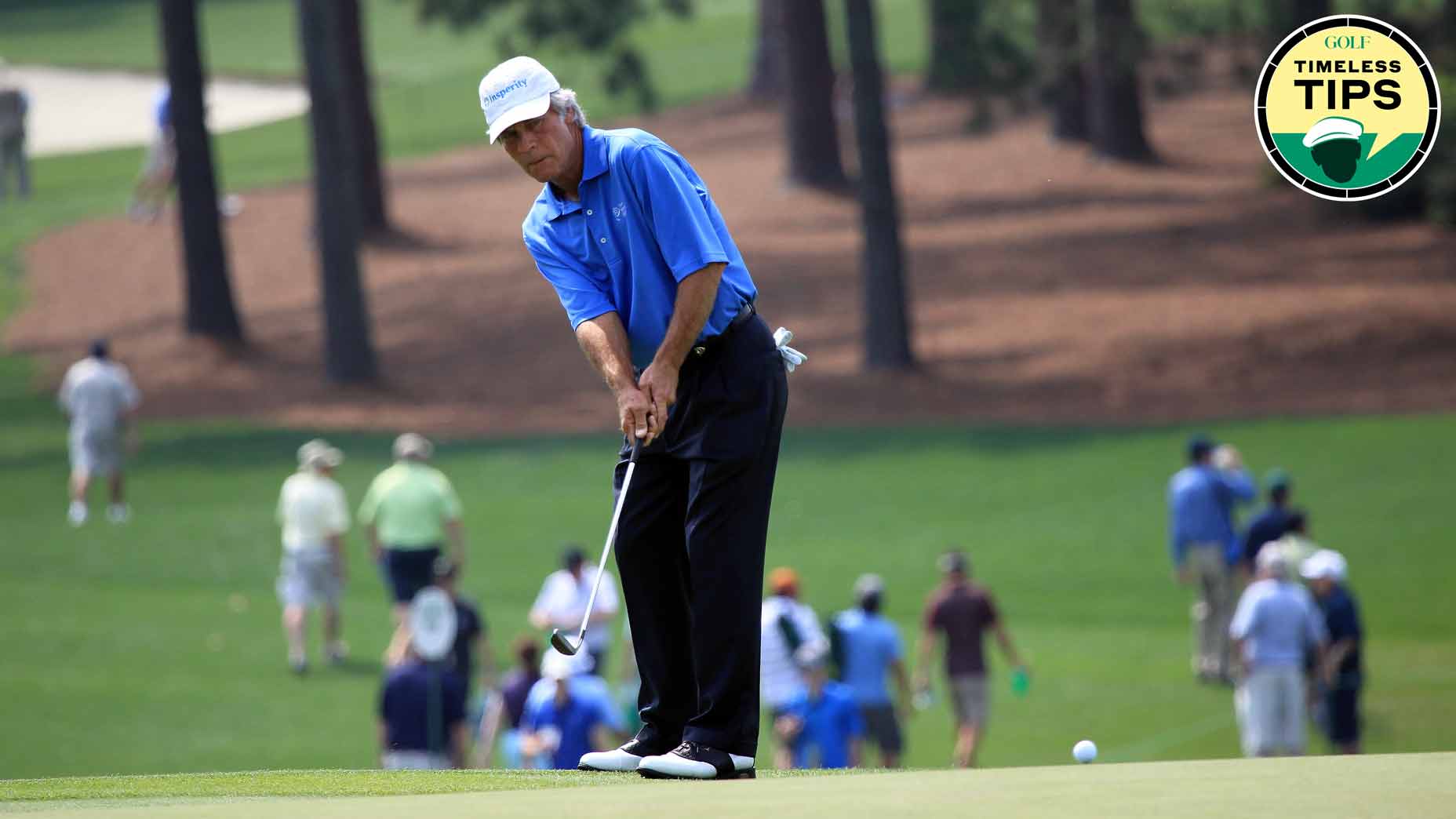InsideGOLF exclusive: The curious case of Tiger Woods’ 1997 Masters bag
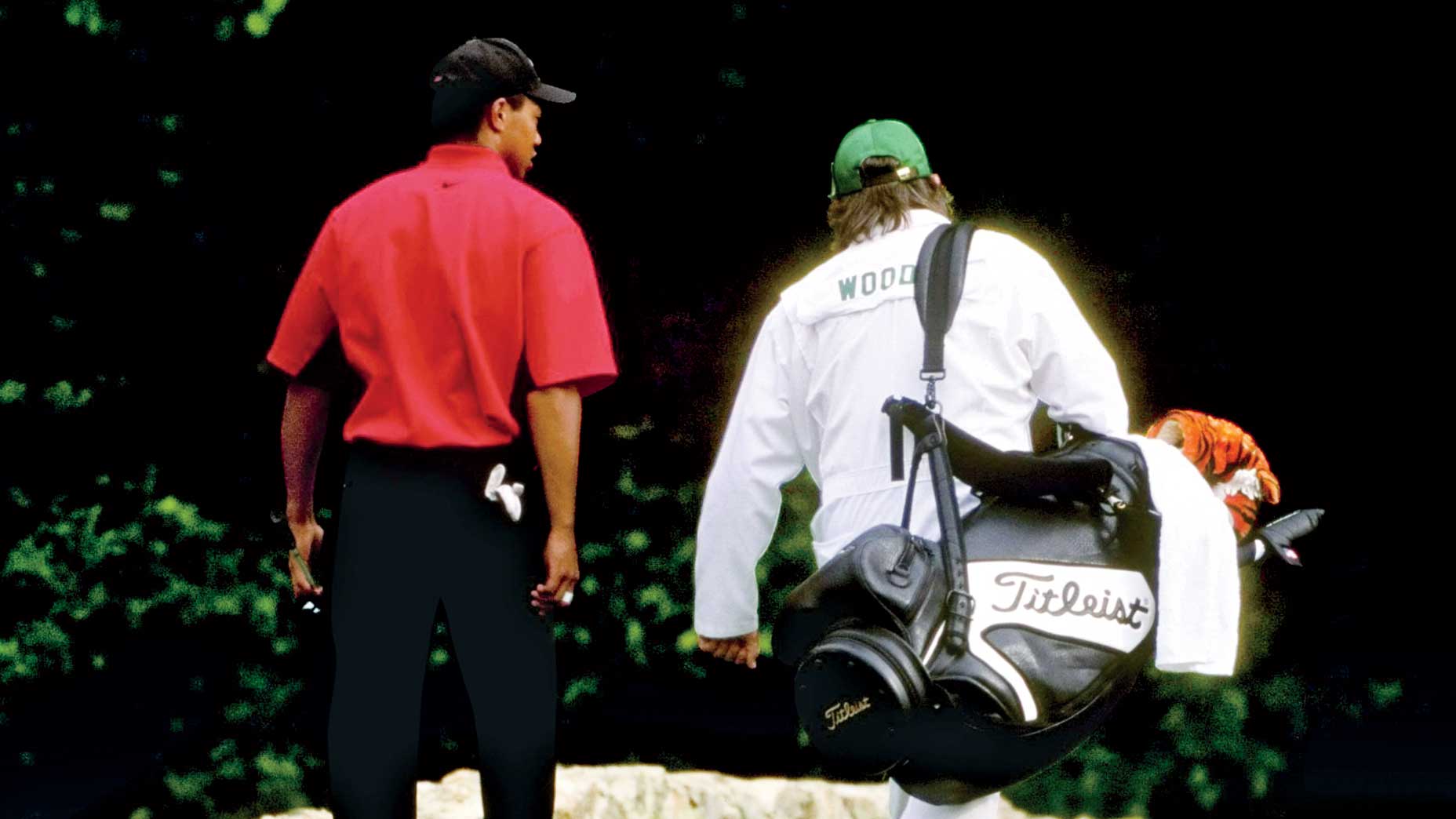
Tiger Woods and Mike "Fluff" Cowan crossing Hogan’s Bridge on Masters Sunday in 1997.
Getty Images
Thank you for joining InsideGOLF! As a valued member, you can look forward to much more exclusive content (like the story below) that will enrich both your understanding and enjoyment of the game. For more members-only InsideGOLF content, click here.
***
In his car, he had a concealed Tiger Woods golf bag.
And, in his mouth, a club sandwich. My lunch companion, a man in his early 70s named Joe LaGrossa, believes that the bag in the trunk of his locked, Jersey-plates SUV was the one Woods used in his win at the 1997 Masters. That is, the bag Mike “Fluff” Cowan carried for Woods that year.
Fluff, also in his early 70s, says he has the bag.
Joe LaGrossa is a lifer in the game. He caddied as a kid. He owned a printing business for decades. For years, he was on the board of the old LPGA stop in Atlantic City. He wasn’t looking for a payday or attention from me, he said. He was eager to get to the bottom of something.
We were in the lunchroom at his workingman’s golf club, in Burlington, N.J., on a cold, wet and dank day. Joe is Jersey, in the best sense. He has seen a lot in his life, good and otherwise. This golf-bag thing doesn’t rank high, but it does rank.
On the lunch table was a pale green file marked “Tiger Bag.” In it were Joe’s letters to the Tiger Woods Foundation, IMG, the PGA Tour, different lawyers — and his winning $100 raffle ticket from November 1997. Blue paper, black ink, these words:
“FLUFF” CARRIES TIGER WOODS’S BAG TO WIN 1997 MASTERS! A chance for “The Bag.”
The raffle, conducted by a Hilton Head golf club where LaGrossa was a member, was a fundraiser for a Boys & Girls Club in South Carolina. Joe bought the first raffle ticket, among the hundreds sold. His name was drawn and he came home with the goods, a Titleist staff bag with Tiger’s name stitched on it, signed by Woods with a gold marker.
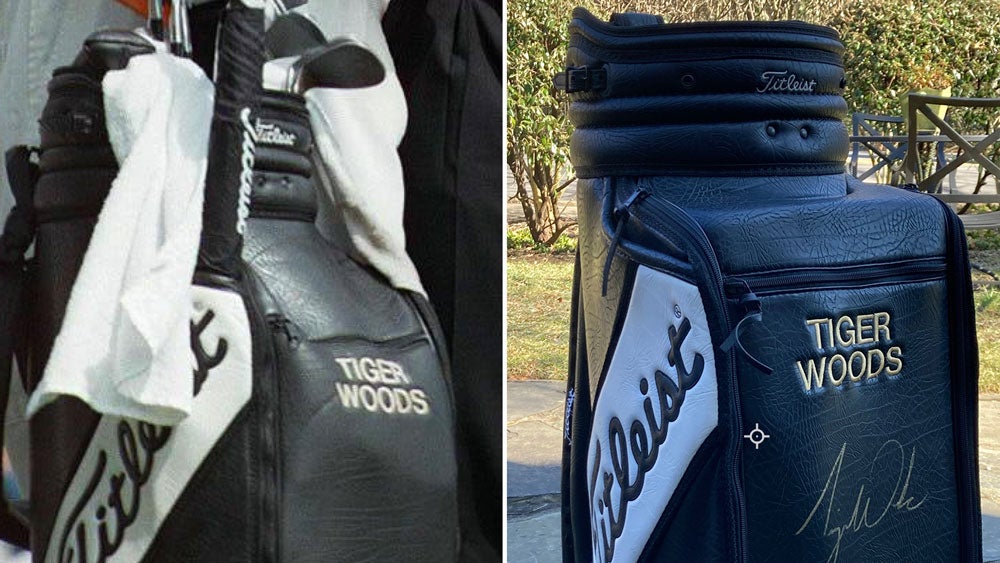
In 2007, LaGrossa said he was contacted by the sports division of a Dallas company called Heritage Auction Sports, which sold the bag, promoted as the one Woods used at the ’97 Masters, at auction for $89,500. Heritage mailed LaGrossa a check for his cut, $67,500. But when he tried to deposit the check, he couldn’t. Heritage had put a stop payment on it.
After the auction, Fluff called and later sent a letter to the auction house — handwritten, lined paper — saying that he had the actual bag. Fluff called Joe.
“Fluff was very nice,” Joe said. “But if he has the bag, he should prove it.”
We went out to the parking lot and Joe got out the bag. I’ve seen hundreds of staff bags at close range. I was fully expecting to see a golf bag that did not pass the smell test. But it did.
Joe’s bag had seen action, for sure. Its pleather construction material, the black lettering of its Titleist stamp, its heft and perfect balance — it was the real deal.
LaGrossa invited me to bring his Tiger bag and Tiger file home and learn what I could. I drove home nervously, thinking that the value of my car (an aging Augusta-green Mini Cooper) was dwarfed by its contents. My trunk certainly was.
I would need a barrel of ink to tell you all that I learned, but let me cut to the money shot. If you look at a close-up photo of Tiger’s 1997 Masters bag, you can see that above the TIGER WOODS lettering, and above the zippered-front top pocket, his bag has a slouchy, deflated quality. Staff bags in that era often had a large, firm foam piece glued under that top front pocket to keep that part of the bag puffed out.
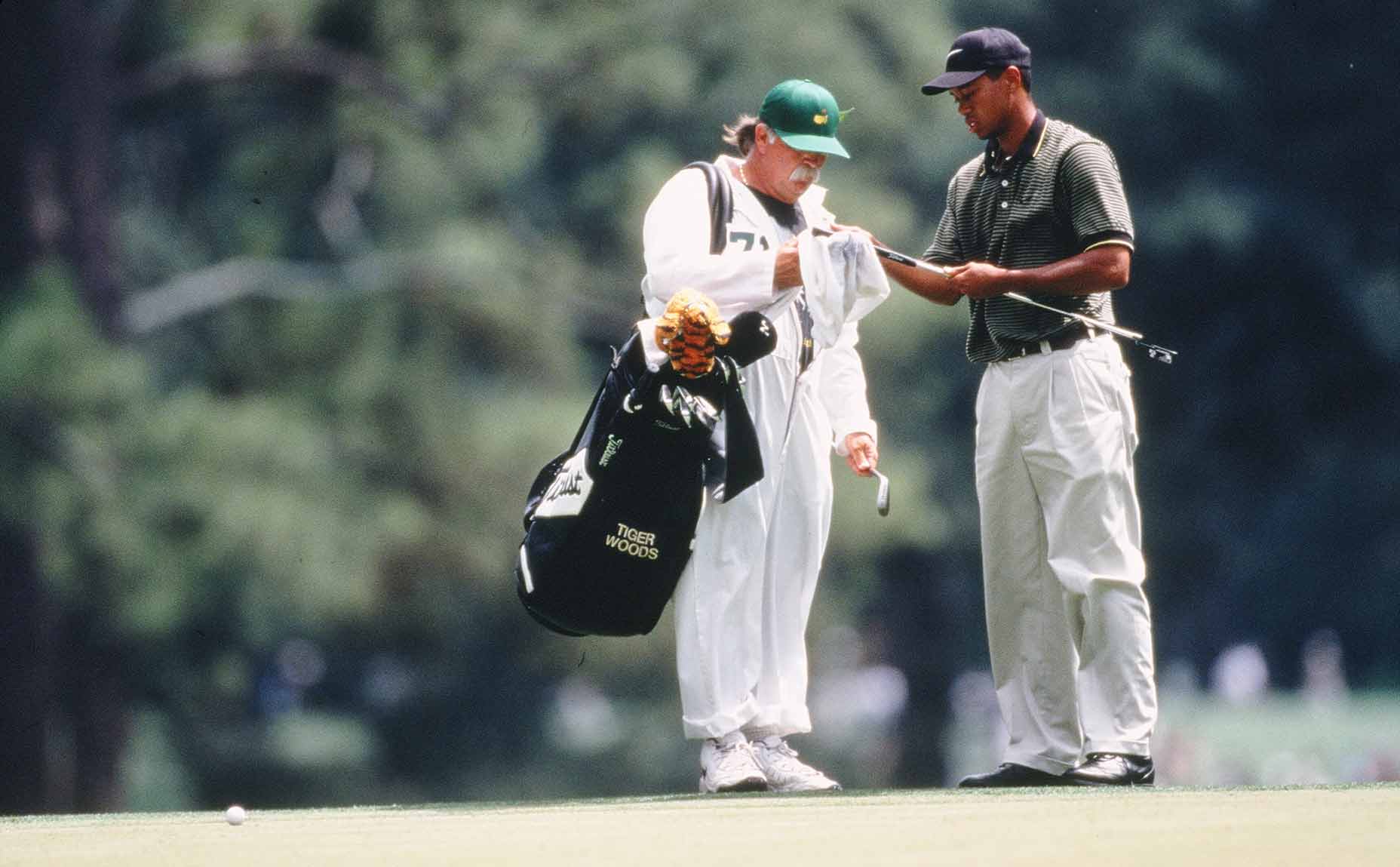
Some players or caddies would remove that foam piece. The deflated nature of Tiger’s Masters bag suggests that the piece had been removed. Also, when you zoom in on photos, there’s a distinctive upcurving crease in the pleather on the ’97 Masters bag, starting just above the zipper and about five inches above the W in Woods.
Joe’s Tiger bag is puffed out above the zipper and the internal foam piece is securely in place. His bag doesn’t have that same upcurving crease, not to my eye.
Fluff doesn’t want to talk about the bag. I could establish that Woods did donate a signed staff bag to the South Carolina Junior Golf Association in 1997 after he canceled a planned appearance at a fundraiser in Columbia, S.C., one featuring Hootie and the Blowfish, on the Monday after his first Masters win. The wording on the raffle ticket is the wording on the raffle ticket. It’s not a stamp of authenticity.
The donated bag was auctioned off twice in different charity raffles in 1997, the first time to benefit South Carolina junior golf and (after a second donation) later to benefit a South Carolina Boys & Girls Club. A few years later, through IMG, Joe offered to return the bag to Woods, if Woods would appear at a First Tee fundraiser in Atlantic City. IMG declined.
I returned the bag and the file to Joe at his home. He didn’t see the upcurving crease as I did. He agreed that the Masters bag, as photographed in ’97, did not have the foam piece in place. “But couldn’t someone take that piece out and then put it back in?” he asked.
Yes, someone could. But who would do that — and why?
Joe LaGrossa was not convinced, and I can understand why. Regardless, he has a distinctive golf bag.
Michael Bamberger welcomes your comments at Michael.Bamberger@Golf.com.


